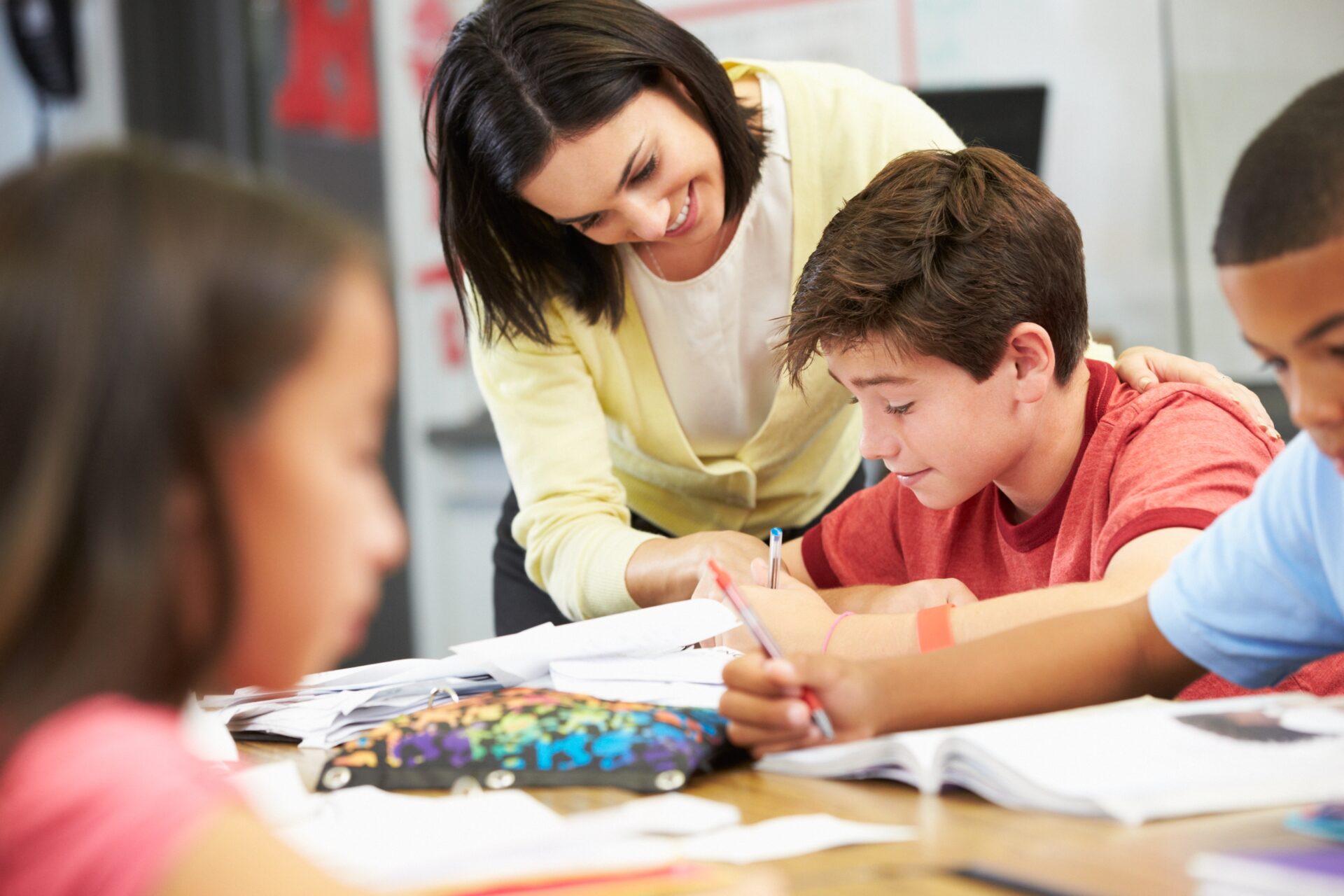


Beyond the Books
Our School
House of Academia students face a unique set of learning challenges. They have excellent academic and intellectual potential but experience several obstacles that a traditional school system can’t help them overcome. While students have different abilities and diagnoses, there are three prominent challenges. House of Academia helps students whose learning profile includes:
01.
Language processing and production challenges
02.
Problems with sensory regulation
03.
Ineffective social communication
Learning Challenges
Common Characteristics
We aim to provide the highest quality education for unique learners with compassion and care.
AT HOME:
Difficulty with AM/PM routines • Does not want to go to school • Gets stuck • Anxious • Difficulty making friends • Difficulty doing homework
ACADEMICS:
Difficulty with reading • Resistance to writing • Poor handwriting skills • Difficulty taking notes (relevant vs. irrelevant) • Low frustration tolerance
LANGUAGE:
Difficulty following directions • Retrieval issues • Difficulty sequencing thoughts • Articulation issues • Auditory processing challenge • Difficulty with ambiguous/figurative language • Poor problem solving and interpretation
SENSORY PROCESSING:
Fidgets with clothes and hands • Difficulty with self-care (dressing, bathing, brushing teeth) • Intensive aversion to certain foods (texture, smell) • Difficulty with change in routine • Difficulty filtering noises and visual information (distracted) • Avoids eye contact • Poor body awareness • Has “meltdowns”
SOCIAL INTERACTIONS:
Separated from the group (isolated, withdrawn) • Shy • Difficulty with turn taking • Does not understand the rules of the game or that there are rules to the game • Poor conflict resolution – misinterprets social cues • Inappropriate tone of voice • Poor coping strategies
